-
 07 September 2018
07 September 2018What’s the use of “actually”, actually?
Everyday language use is packed with so-called discourse markers (of course, you know, well, I mean, actually, indeed), expressions that we use to comment on what we are saying. Geertje van Bergen…
-
 07 September 2018
07 September 2018Brainwaves synchronize to the speed of talking, influencing the way we hear words
Have you ever found yourself finishing someone else's sentences, even though you don't really know them that well? Fortunately, the ability to predict what someone is going to say next isn't the…
-
 03 September 2018
03 September 2018Minister ECS opens InScience
The Dutch Minister of Education, Culture, and Science (ECS), Van Engelshoven, opens the fourth edition of InScience, International Science Film Festival Nijmegen. The five-day science film festival…
-
 25 June 2018
25 June 2018Communicating in 3D: research at Lowlands festival
If you want to talk to someone at a noisy festival, you probably shout or use hand gestures. What features of your movements contribute the most to understanding language? Researchers from Radboud…
-
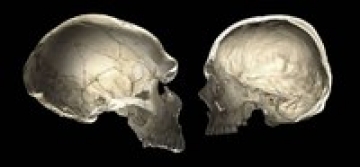 13 December 2018
13 December 2018Neandertal genes shed light on unique aspects of the modern human brain
A characteristic feature of modern humans is the unusually round skull and brain, in contrast to the elongated shape seen in other human species. By studying Neandertal DNA fragments found in the…
-
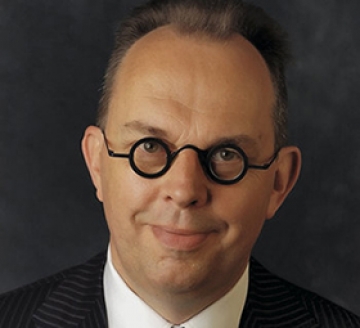 14 December 2018
14 December 2018Peter Hagoort honored with Fellowship Cognitive Science Society
The Max Planck Institute for Psycholinguistics is proud and happy to announce that director Peter Hagoort has been honored with a Fellowship of the Cognitive Science Society.
-
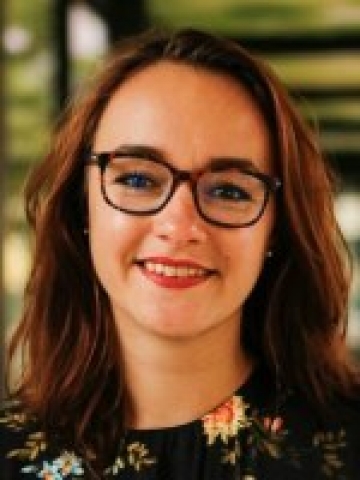 15 December 2017
15 December 2017Christine Mohrmann Stipend for Linda Drijvers
On Tuesday 12 December, Linda Drijvers received the Christine Mohrmann Stipend 2017. This stipend is awarded by the Radboud University to promising female PhD candidates to pursue a career in…
-
14 December 2017
Celebrating 25 years of research into language and cognition
Does language shape the way you think? Does conversation work the same way across cultures? What can diverse languages tell us about how we experience the world? These are just some of the questions…
-
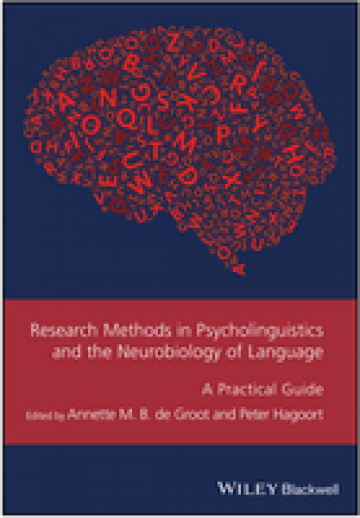 13 December 2017
13 December 2017A practical guide for language researchers
By bringing together contributions from a distinguished group of language researchers, Annette de Groot and Peter Hagoort collected in one volume the methods and technologies that are used by today’s…
-
 29 November 2017
29 November 2017European Research Council Grant for Judith Holler
Judith Holler from Radboud University’s Donders Institute and the Max Planck Institute for Psycholinguistics received the prestigious Consolidator Grant from the European Research Council (ERC). The…
-
 23 October 2017
23 October 2017Neurobiology of Language - Audiovisual Recalibration of Vowel Categories
Speech perception is a complex task. It involves making sense of an acoustic signal that is distorted by background noise (traffic noise when talking on the street, other people’s conversations in a…
-
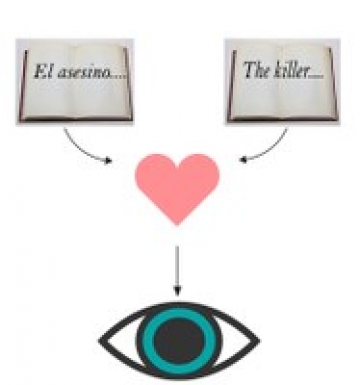 09 October 2017
09 October 2017We seem less susceptible to emotions in a foreign language, and our eyes reveal it
Does it matter in which language we receive emotional information? A new study by an international team of scientists, including the MPI’s Sara Iacozza, shows that it does, and the eyes reveal so…
-
 02 October 2017
02 October 2017The 'myth' of language history
Languages do not share a single history but different components evolve along different trajectories and at different rates. A large-scale study of Pacific languages reveals that forces driving…
-
 25 September 2017
25 September 2017Neurobiology of Language - Relating genetic variation to brain volume
How does the gene CNTNAP2 relate to structural variations in the brain? In our new publication, in press in Brain and Language, we looked at the association between a CNTNAP2 variant and grey matter…
-
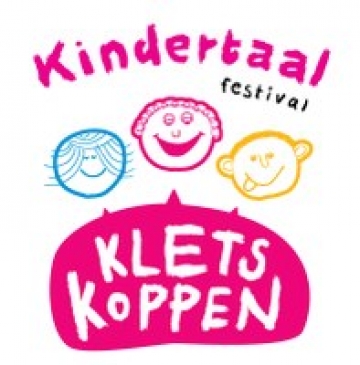 22 September 2017
22 September 2017Kletskoppen: het eerste kindertaalfestival van Nederland
Hoe werkt dat eigenlijk, leren praten? Tijdens het Kletskoppen kindertaalfestival op zaterdag 28 oktober in Nijmegen leren kinderen het spelenderwijs. Een wetenschapsdag voor het hele gezin, vol…
-
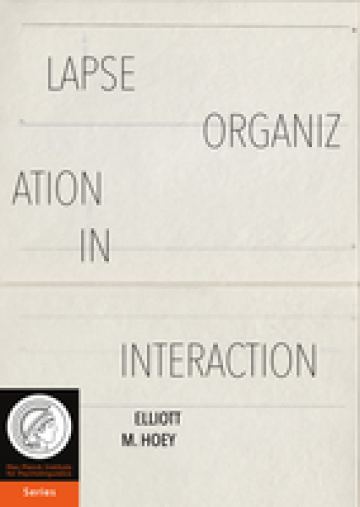 19 September 2017
19 September 2017What people do when conversation lapses into silence
It’s common in conversation for some topic to come to an end, and then for silence to emerge in the place where someone could have said something more. These silences are lapses, and they come about…
-
 19 December 2018
19 December 2018Longer eye blinks lead to shorter answers
People may nod or say ‘uh-huh’ to steer a conversation. But the subtle cue of eye blinking may also be important for communication. In a new Virtual Reality study, researchers from the Max Planck…
-
 13 January 2019
13 January 2019The Economic Board reikt Parel uit aan onderzoeksprogramma Food and Cognition
Food and Cognition is een programma van de Radboud Universiteit, Radboudumc, Wageningen University & Research, Donders Instituut en het Max Planck Instituut en valt onder het overkoepelende Healthy…
-
 15 January 2019
15 January 2019MPI's Paul Hömke will defend his thesis
On Friday January 25, 2019, at 10.30, Paul Hömke will defend his thesis entitled “The face in face-to-face communication: signals of understanding and non-understanding” in the Aula of Radboud…
-
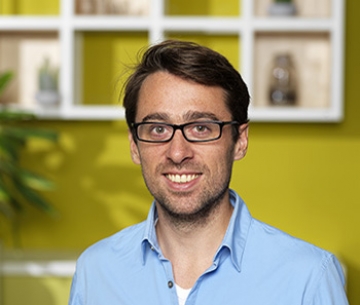 07 March 2019
07 March 2019People track when talkers say ‘uh’ to predict what comes next
Speakers tend to say ‘uh’ before uncommon words (‘uh… automobile’) rather than common words (‘car’). In a new eye-tracking study, researchers from the Max Planck Institute for Psycholinguistics show…
Search results
Displaying 21 - 40 of 330
Share this page